
This logo isn't an ad or affiliate link. It's an organization that shares in our mission, and empowered the authors to share their insights in Byte form.
Rumie vets Bytes for compliance with our
Standards.
The organization is responsible for the completeness and reliability of the content.
Learn more
about how Rumie works with partners.
My friend Kate has always liked the idea of helping people learn better, but felt that the classroom wasn't enough. Then she realized that studying psychology would help her go further in her career.
Have you ever wondered about the connection between education and psychology? Educational psychology can be the bridge to help people become better learners.
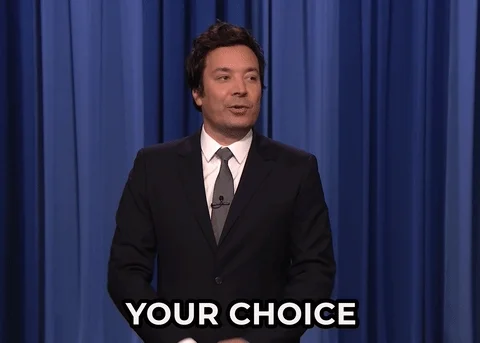
What does an educational psychologist do?
A day in the life of an educational psychologist can take place...
at school ✔️
at the learner's home ✔️
at a community organization ✔️
at a research center ✔️
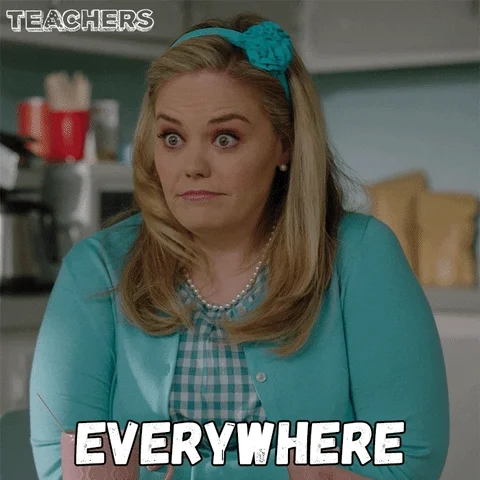
Did you know?
Many educational psychologists were teachers in the past. They felt that they had a strong commitment with their students and wanted to have more influence in their development.
As an educational psychologist, you'll be in charge of...
supporting students with learning difficulties
meeting the students' parents to offer guidance
helping teachers create accommodations for learning
researching human development and learning theories
offering consultation to schools and organizations

What will I do every day?
Educational psychologists wear many hats. Some of the duties are:

supporting children (one-on-one or in groups) at their schools

observing learners and evaluating their needs
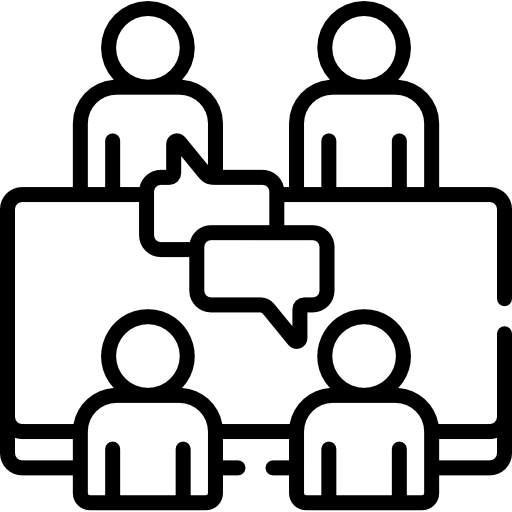
consulting with parents or other collaborators

developing appropriate interventions and accommodations for learners

training teachers in special learning needs
What does it take to be an educational psychologist?
Do you have what it takes? Educational psychologists are the bridge between psychological tools and the learning environment. You'll need:

research skills: to conduct research and suggest interventions in the classroom
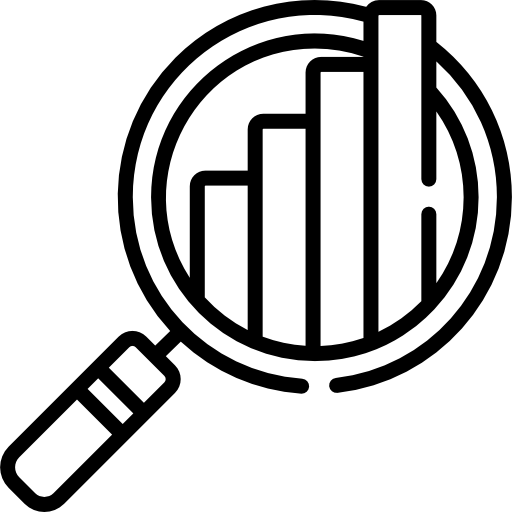
analytical skills: to evaluate educational programs and consider accommodations

problem-solving skills: to identify an issue and provide the best tools

communication skills: to talk to all members of the community, including students, parents, and teachers

interpersonal skills: to develop empathy so as to understand challenges and difficulties

ethical conduct: to promote the students' well-being in the educational setting
Quiz
Karen wants to be an educational psychologist. However, she sometimes has trouble identifying other people's feelings. She is also reluctant to reflect on her daily work. Which skills would she need to develop?
Interpersonal skills help you develop empathy. Analytical skills can aid in identifying your strengths and weaknesses as a professional.
Getting ready
Now that you're sure this is a good fit, there are two ways to become one!
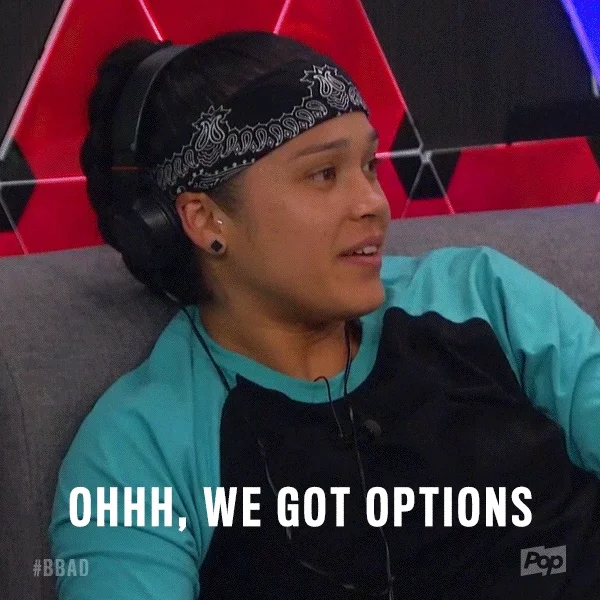
How can you make sure you succeed in your degree?
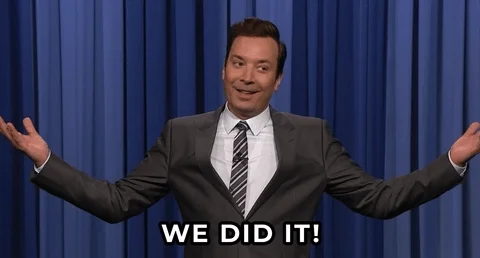
When it comes to making the most of your program, make sure to:
Embrace many educational theories and practices. Apply your analytical skills and critical thinking to choose the best for your context.
Keep in touch with all the important roles: teachers, students, families, and schools. All of them will have different initiatives, challenges, and difficulties to evaluate. Use your interpersonal skills to connect with these needs.
Be exposed to the common difficulties behind students' lack of progress. Get ready to develop effective strategies for them.
Take Action
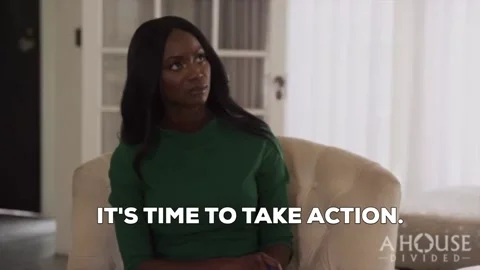
If you want to be like my friend Kate and study educational psychology:
This Byte has been authored by
Romina Marazita
Instructional Designer / Neuroeducator /
MD